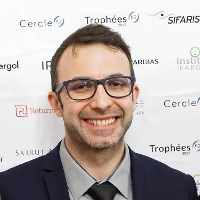Departments
Molecular Bases of Human Diseases
Head: Domenico MAIORANO
+ more on the department

The department "Molecular Bases of Human Diseases" aims at carrying out high quality research in the fields of immunology and cancer and contributing to improvements in health.
Radio and chemotherapies are prevalent in cancer treatments. These treatments induce DNA lesions that interfere with DNA replication and block cell proliferation. We study how cells respond to DNA replication obstacles and how these responses determine tumour progression. We explore molecular crosstalk between the DNA damage response, chronic inflammation and cancer.
The department includes strong programs on the molecular and cellular mechanisms leading to the persistence of HIV reservoirs, and on the characterization of immune activation profiles in HIV-1 patients. The department is also home to IMGT®, the international ImMunoGeneTics information system®.

HOMING, IMMUNE ACTIVATION AND INFECTION
Pierre CORBEAU
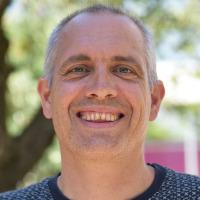
GENETIC INSTABILITY AND CANCER
Angelos CONSTANTINOU
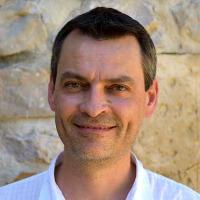
MAINTENANCE OF GENOME INTEGRITY DURING DNA REPLICATION
Philippe PASERO
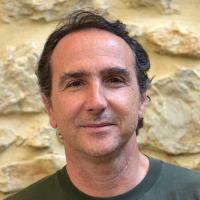
GENOME SURVEILLANCE AND STABILITY
Domenico MAIORANO
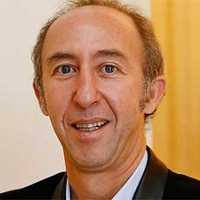
LABORATORY OF MOLECULAR VIROLOGY
Monsef BENKIRANE
Genome Dynamics
Head: Jerome DEJARDIN
+ more on the department

The department of "Genome Dynamics" includes groups focusing their research on understanding the multiple activities of the genome in various model systems (Drosophila melanogaster, Xenopus laevis, Mus musculus and human cells). These activities which are often both genetically and epigenetically controlled include DNA replication, recombination, chromosome segregation, transposition, transcription, RNA splicing, chromatin structure and chromosome organization.
The groups of the department have multiple interactions resulting in exchanges of technologies, expertise and knowledge. Indeed most projects aim to understand the molecular mechanisms underlying the processes analyzed and take advantage of similar experimental strategies using biochemical, molecular, cellular, genetic, genomic and bioinformatic approaches.

NUCLEAR ARCHITECTURE IN PHYSIOLOGY AND PATHOLOGY
Charlene BOUMENDIL

NON-CODING RNA, EPIGENETICS AND GENOME STABILITY
Severine CHAMBEYRON
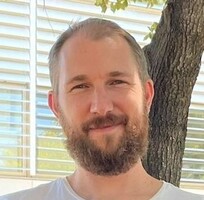
BIOLOGY OF DISTAL REGULATORY ELEMENTS
Andrew OLDFIELD
Team attached to the direction
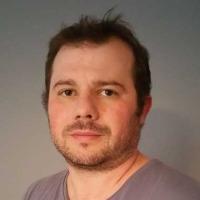
BIOLOGY OF REPETITIVE SEQUENCES
Jerome DEJARDIN
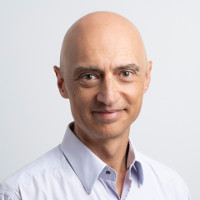
CHROMATIN AND CELL BIOLOGY
Giacomo CAVALLI
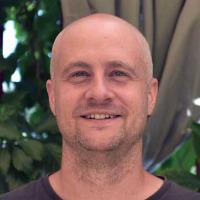
MACHINE LEARNING AND GENE REGULATION
William RITCHIE
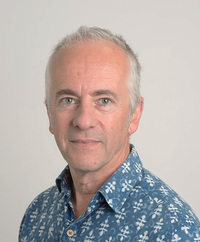
MEIOSIS AND RECOMBINATION
Bernard DE MASSY
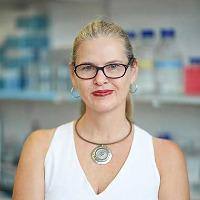
GENE REGULATION
Rosemary KIERNAN

REPLICATION AND GENOME DYNAMICS
Marcel MECHALI
Team attached to the direction
Genetics, Cell Biology and Development
Head: Martine SIMONELIG
+ more on the department

Developmental Genetics is used to understand how genetic information is translated into the production of many different cell types that are coherently organized in a complete organism. Groups in the Department Genetics and Development are interested in various aspects of developmental genetics, from the establishment of cell polarity in the egg, to muscle differentiation, or the formation of an extremely complex structure such as the adult brain.
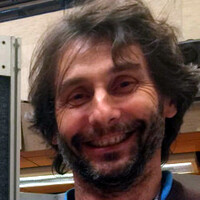
CELL BIOLOGY OF RNA
Edouard BERTRAND
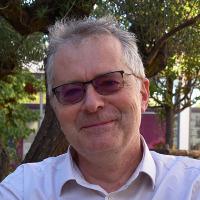
DEVELOPMENT AND PATHOLOGY OF THE GONAD
Francis POULAT
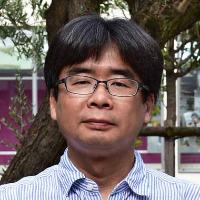
EPIGENETIC CHROMATIN REGULATION
Kazufumi MOCHIZUKI
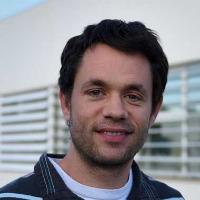
SYSTEMIC IMPACT OF SMALL REGULATORY RNAS
Herve SEITZ
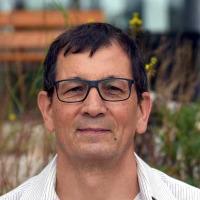
NEUROGENETICS AND MEMORY
Jean-Maurice DURA

MRNA REGULATION AND DEVELOPMENT
Martine SIMONELIG




